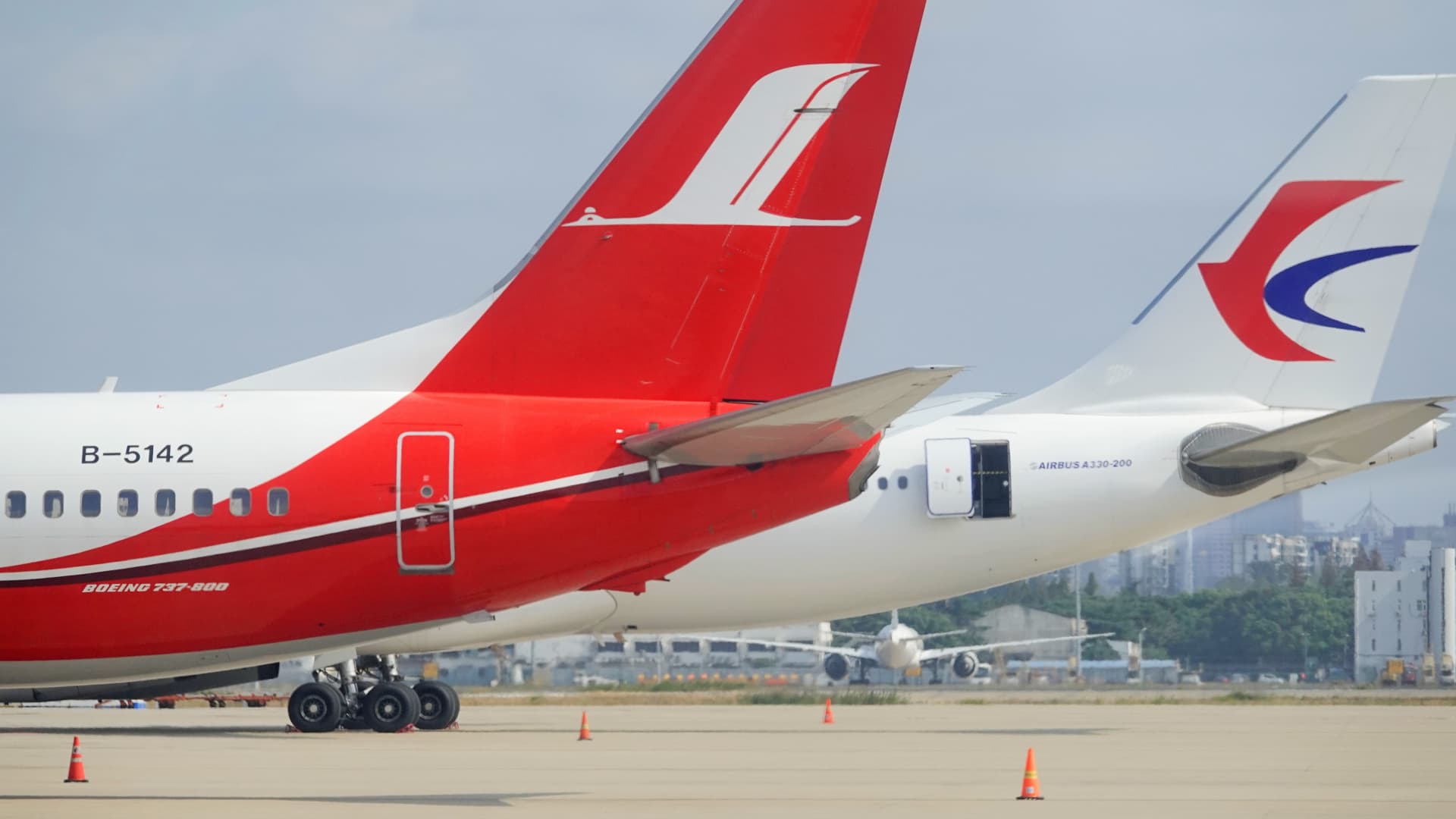BEIJING — China announced late Monday that travelers will no longer need to quarantine upon arrival on the mainland starting Jan. 8.
The forthcoming shift follows an abrupt relaxation this month in domestic Covid controls. The changes end the bulk of the most restrictive measures that China had imposed for nearly three years under its zero-Covid policy.
Since March 2020, travelers to the mainland have had to quarantine, typically at a designated hotel and for 14 days. That isolation period subsequently began to increase to 21 days or more for some travelers, before China began cutting quarantine times this summer.
Current policy requires five days of quarantine at a centralized facility, followed by three days at home.
China’s National Health Commission also said that effective Jan. 8, authorities would stop tracking close contacts of Covid patients, halt the designation of Covid risk areas and cancel Covid measures that had slowed the import of goods.
The commission said travelers to China would only need to show a negative virus test from within the last 48 hours, and wouldn’t have to apply for a clear health code anymore. While on the flight, passengers would need to still wear a face mask, the announcement said.
China’s economy slowed this year amid stringent Covid controls that locked down Shanghai for about two months, as well as other parts of the country. Beijing suddenly ended many of the restrictions earlier this month. Meanwhile, local Covid infections surged, pressuring an already stretched public health system.
More flights needed
The inbound quarantine requirement and other Covid-related measures have made it difficult for foreign businesses in China to bring in staff, executives and factory technicians.
“Just because the borders are open doesn’t mean travel will bounce back immediately,” Michael Hart, president of the American Chamber of Commerce in China, said last week.
He noted the number of available flights in and out of China has to recover. “I don’t think the U.S. carriers or the international carriers will immediately go back to normal because those airplanes are already flying other routes,” Hart said. “It may be different with Chinese airlines, because the airplanes are just sitting on the tarmac doing nothing.”
In 2019, China said there were 670 million international trips in and out of the country. In 2021, the number had plunged to 128 million, according to the National Immigration Administration.
China said Monday it would improve visa arrangements for foreigners to enter the country for resumption of work, business, study, visiting relatives and other gatherings.
Chinese citizens’ ability to travel overseas will be “resumed in an orderly manner,” the announcement said in Chinese, according to a CNBC translation.
During the pandemic, Beijing prevented Chinese citizens from getting passports or leaving the country unless they had a clear, typically business, purpose.
Previously, Chinese tourists and their spending overseas — especially for luxury goods— had been a significant source of income for businesses in many international tourist spots.
